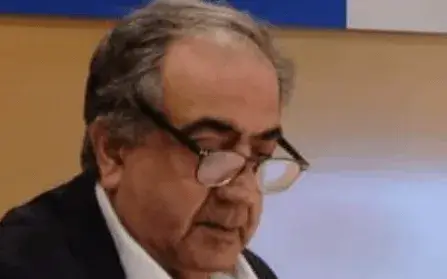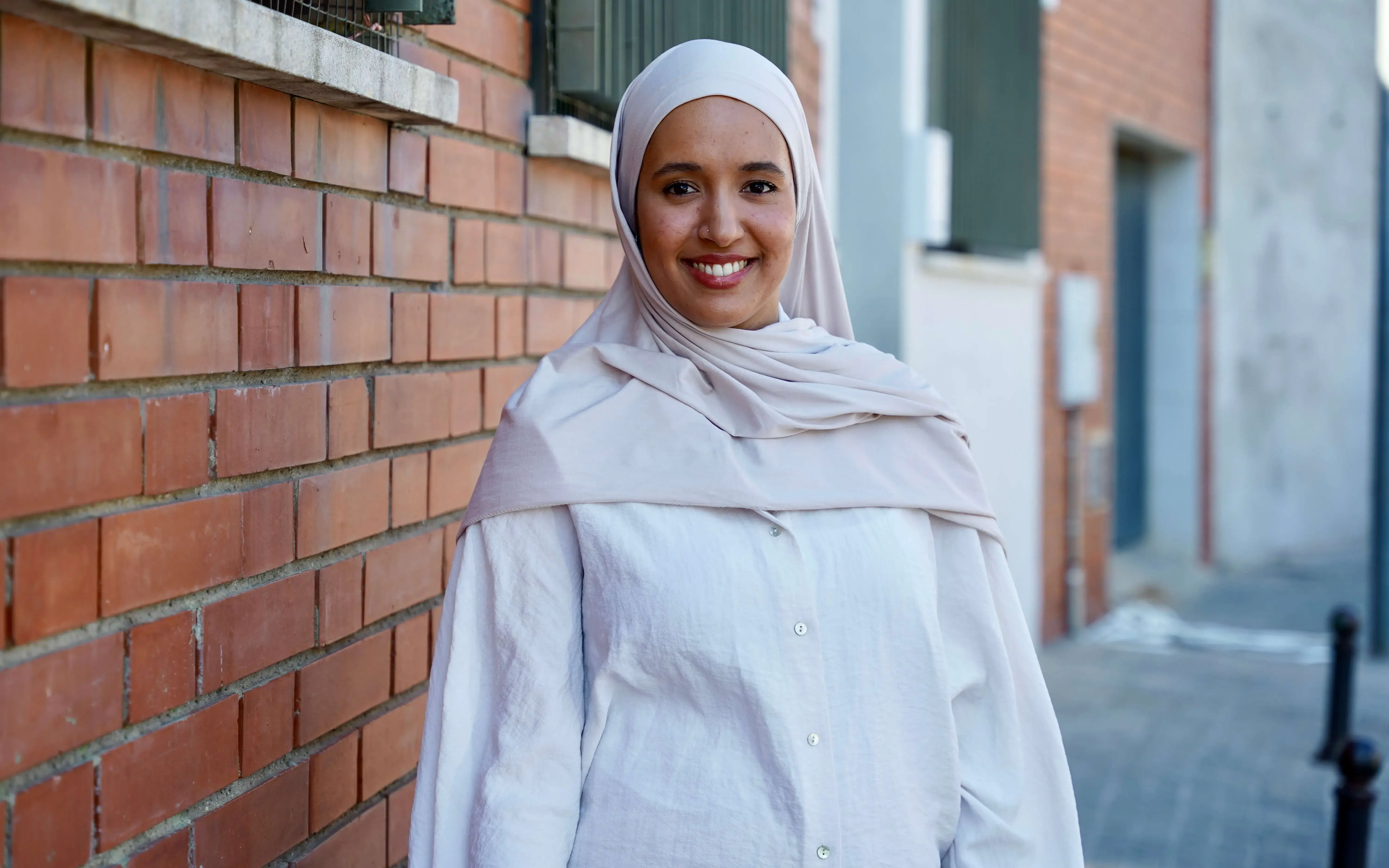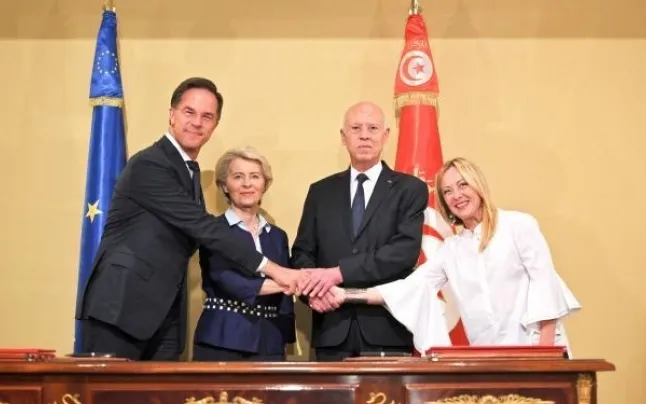‘Stop Mare Mortum’ platform denounces the intended media coverage of the 60 sub-Saharan migrants’ arrival in Barcelona’s harbour
60 migrants in Barcelona, 275 more in València
The past 4th of July 60 migrants were rescued by the Catalan Proactiva Open Arms Organization and brought to Barcelona’s harbour from Libia.Nearly a month before that, the Aquarius rescue boat legally reached Valencia with 275 migrants on board. And yet, the vulnerable migrant flows continue.
The past 4th of July the Catalan press payed a great deal of attention to the newcomers, who were happily singing from Proactiva Open Arms’ rescue boat.On June, brand-new Spanish president Pedro Sánchez publicly compromised to host the Aquarius rescue boat, which came to Valencia’s harbour on June 17.
‘Stop Mare Mortum’ platform assumes both events are goods news, but they claim the media should give coverage to other sub-Saharan migrants arrivals that are also taking place in the Spanish Peninsula these months.
A selective media coverage of vulnerable flows of migration
Proactiva Open Arms spokesperson Toni Borrell states that “dozens of journalists wait for the rescue boat to reach Barcelona’s harbour the same day when more than 70 other migrants have been rescued in Southern Spanish area of Gibraltar, where there are no journalists at sight to follow the case”.
The platform points out that human rights violations on migrants continue, and its members challenge politicians to find appropiate measures to avoid the current high mortality rate in the Mediterranean sea.
Some of ‘Stop mare Mortum’s ideas are legal and safe ways to reach European territory, be it through visa or through new embassys located outside Europe with the purpose to give asylum papers to those who seek it and need it: this would grant refugees a safe and legal journey to their new home country.
Gestures and migration policies
Toni Borrell from the platform asks himself what the conditions of these newcomers that just landed Barcelona and València will be: “Will the migrants be deported? Will they be able to lead normal lives here or will they end up in a CIE detention center in Spain?”.
What goes on inside CIEs remains unknown to the big public, since no cameras are allowed inside: we know, however, that many migrants coming from outside of the EU have suffered and died while staying in these kind of centres.
Leaving national, municipal and European political agendas aside, the open question to European politicians aboutmigration remains the same: gestures are not enough, there is a need for a structural change in migration policies.










Add new comment